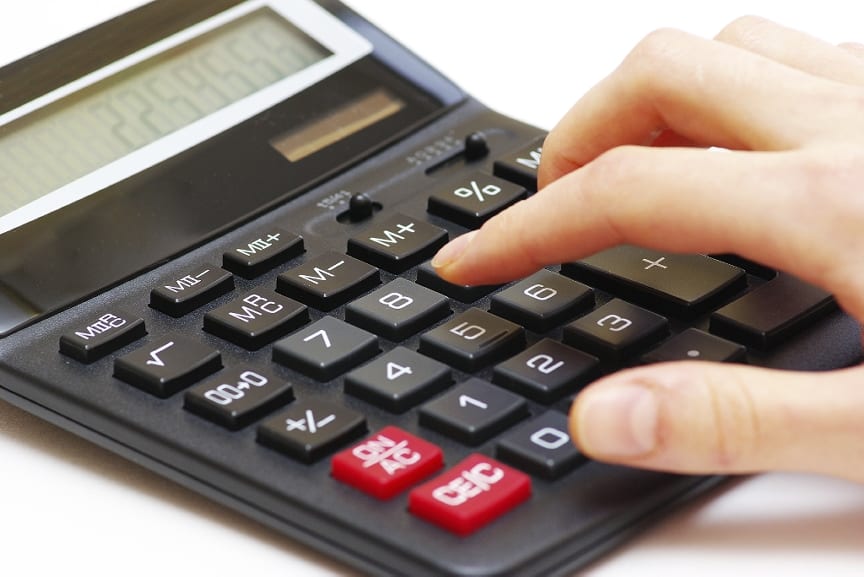It’s everybody’s favorite time of year: tax time! [Collective groans from the audience.]
In reality, nobody loves tax season. It’s a head-scratching time of year, and entrepreneurs and franchise owners alike always have plenty of questions that relate to their taxes. For example: do you know which of your franchise expenses are tax deductible? If not, keep reading to educate yourself (and maybe pay a little less this year).

Initial Franchise Fees
If you started a franchise in 2016, you’ll be happy to hear that you can deduct the initial fee you paid…with a caveat. The IRS requires you to amortize this initial franchise fee over 15 years, rather than all at once. The good news is that for the next 15 years, you’ll have that as a tax deduction!
Franchise Training Expenses
If you paid for franchise training in 2016, you can also deduct those expenses under the same 15 year rule amortization schedule. Why? Because franchise training is considered part of your startup fees, so any costs associated with launching your franchise will get that same 15-year treatment.
Travel Expenses
If you traveled for franchise business, such as to attend an industry conference or meet with your franchisor, those travel expenses are tax-deductible. Your transportation and lodging are 100% tax-deductible, while you can write off just 50% of your meal expenses while traveling.
Continuing Fees
If you pay your franchisor ongoing fees for the duration of your relationship, these fees are tax-deductible. This includes advertising fees and royalties.
General and Administrative Expenses
Any costs you incur to run your franchise, including commercial rent, salaries, supplies, and equipment, are considered general business expenses that you can deduct on your taxes. It’s important to keep concise records of all your business expenses for this reason. You don’t want to overlook any expenses that could reduce your taxable income! That’s why using accounting software and having a separate business bank account are so crucial for franchises.
Home Office Deduction
If you run your franchise out of your home, you may qualify for a home office deduction. Essentially, you will designate a certain percentage of your home as your home office, then calculate the deduction based on what you pay monthly for your mortgage or rent.
Auto Use
If you use one or more vehicles for your franchise, the miles you put on those vehicles for business purposes are tax-deductible.The standard mileage rate for 2016 is $.54 per mile. If you’re not tracking business mileage, download a mobile app to help you do that so you’re on top of it next tax season.
Employee Benefits
If you have staff, much of what you pay for them in terms of benefits is tax deductible. This includes retirement plans and health insurance. Check with your accountant to find out specifically what qualifies as tax deductible, since the rules are always changing.
As you can see, there are many expenses in your franchise that qualify as tax-deductible. The more deductions you have, the lower your tax bill, and who doesn’t want that?
Image: Photospin



